Breaking News


Popular News

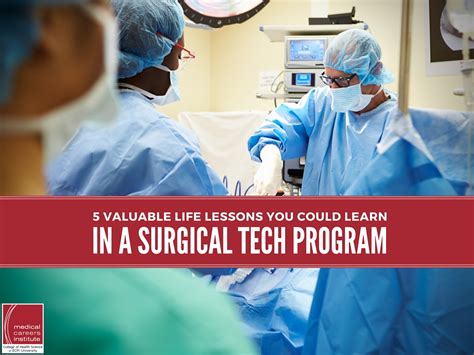
Discover the 5 essential skills taught in surgical tech programs, including anatomy, surgical instruments, patient care, and medical ethics for a successful career.Are you considering a career in healthcare but unsure of which path to take? Perhaps you have a fascination with surgical procedures and want to be an integral part of the operating room team. If so, a surgical tech program might be the perfect fit for you. These programs provide comprehensive training that equips students with the necessary skills to thrive in a fast-paced, high-stakes environment. In this blog post, we’ll explore the five key skills that you’ll learn in surgical tech programs. From mastering anatomy and physiology fundamentals to understanding surgical instrumentation and sterilization, you’ll gain a solid foundation in operating room procedures, patient care, safety protocols, and medical ethics. By the end of this post, you’ll have a clear understanding of the valuable skills you’ll acquire through a surgical tech program and how they will prepare you for a rewarding career in healthcare.
Contents
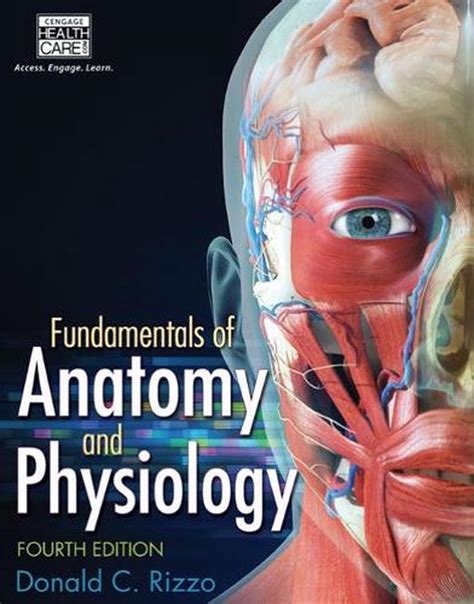
5 Key Skills You’ll Learn in Surgical Tech Programs
Anatomy and Physiology Fundamentals are the cornerstone of a successful career in surgical technology. Understanding the structure and function of the human body is essential for performing surgical procedures with precision and accuracy. In a surgical tech program, you will learn about the different systems of the body, including the respiratory, cardiovascular, and musculoskeletal systems, as well as the organs and tissues that make up each system.
Through anatomy and physiology courses, you will gain a detailed understanding of the body’s structure and how it functions, which will enable you to anticipate potential complications during surgery and provide critical support to the surgical team. You will also learn about common surgical procedures, patient positioning, and the role of different organs and tissues in the body, all of which are essential for success in the operating room.
Furthermore, a solid understanding of anatomy and physiology is crucial for interpreting diagnostic tests, understanding patient medical histories, and providing effective pre- and post-operative care. By mastering the fundamentals of the human body, you will develop the knowledge and skills needed to excel in the fast-paced and demanding environment of the operating room.
| Course | Skills Learned |
|---|---|
| Anatomy and Physiology | Body systems, surgical procedures, patient care |
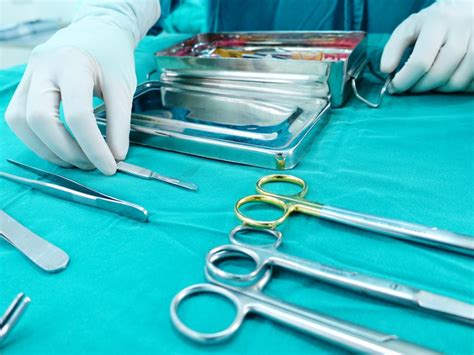
One of the key skills you’ll learn in surgical tech programs is surgical instrumentation and sterilization. As a surgical technician, you will be responsible for sterilizing and preparing surgical instruments and equipment for procedures. This involves understanding the different types of surgical instruments, their uses, and how to properly sterilize them to ensure patient safety.
Additionally, you will learn about the importance of maintaining a sterile operating room environment to prevent infections and complications for patients. This includes proper sterilization techniques, use of protective equipment, and following protocols to prevent the spread of infection during surgical procedures.
Furthermore, in surgical tech programs, you will also gain knowledge about different sterilization methods such as autoclaving, gas sterilization, and chemical sterilization. Understanding the proper techniques for each method is crucial in maintaining a safe and sterile surgical environment.
Moreover, you will learn about the proper handling and storage of sterilized instruments and equipment to ensure they remain sterile and safe for use in surgical procedures. This includes understanding how to properly package and store instruments to prevent contamination and maintain their sterility until they are needed for surgery.
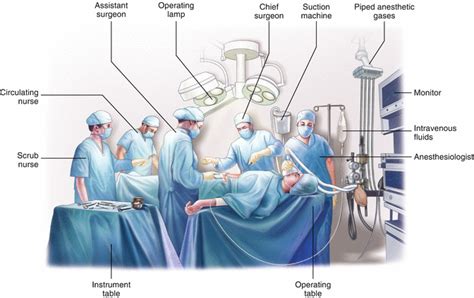
When studying in a surgical tech program, students will learn a variety of key skills related to operating room procedures and protocols. One of the essential skills taught is the proper sterilization of surgical instruments. This involves understanding the different methods of sterilization such as autoclaving, gas sterilization, and chemical sterilization. Students will also learn how to properly handle and store sterilized instruments to maintain cleanliness and prevent contamination.
Another crucial aspect of operating room procedures is the knowledge of anatomy and physiology as it pertains to surgical procedures. This includes understanding the structures and functions of organs and tissues within the body, as well as how they relate to specific surgical procedures. Students will also learn the importance of maintaining a sterile environment and following infection control protocols to ensure the safety of both patients and surgical staff.
Furthermore, surgical tech programs emphasize the importance of patient care and safety protocols in the operating room. This involves learning how to properly position and prepare patients for surgery, as well as understanding the role of surgical team members in maintaining a safe and efficient environment. Students will also be trained in medical ethics and professionalism, which includes respecting patient confidentiality, practicing empathy, and upholding ethical standards in the healthcare field.
| Key Skills Learned in Surgical Tech Programs: |
|---|
| Sterilization |
| Anatomy and Physiology Fundamentals |
| Patient Care and Safety Protocols |
| Medical Ethics and Professionalism |
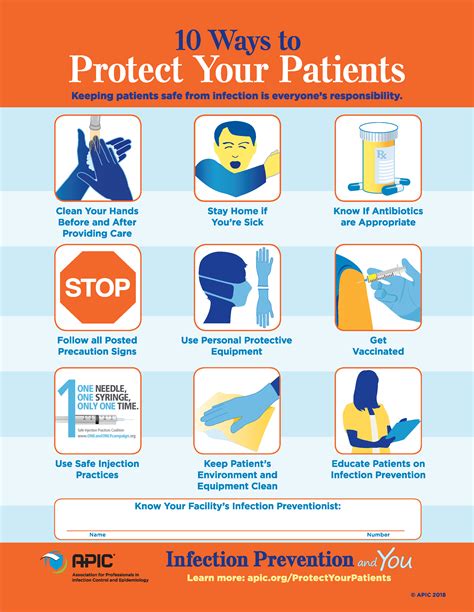
One of the most crucial aspects of surgical tech programs is learning about patient care and safety protocols in the operating room. As a surgical technician, it is your responsibility to ensure that patients are comfortable, safe, and well-cared for before, during, and after surgical procedures. This includes learning how to properly position and prep patients for surgery, as well as maintaining a sterile environment to prevent the risk of infection. Understanding and following strict safety protocols is essential to the well-being of the patient and the success of the surgical procedure.
Part of the training in surgical tech programs involves learning how to effectively communicate with patients and their families, providing them with necessary information and offering support and reassurance. This requires empathy and compassion towards the patient, as well as the ability to remain calm and composed in high-pressure situations. Additionally, students will be taught how to handle medical emergencies and respond quickly and efficiently to any unforeseen complications during surgery.
Another important aspect of patient care and safety protocols is understanding and implementing infection control measures in the operating room. This includes proper sterilization of surgical instruments, adherence to strict aseptic techniques, and maintaining a clean and safe environment for both the patient and surgical team. The ability to follow these protocols is vital in preventing the spread of infections and ensuring the overall safety and well-being of the patient.
| Key Skills Learned in Surgical Tech Programs: |
|---|
|
|
|
|
|
|
|
|
|
|

When entering a surgical tech program, students will not only learn the technical skills required for the job, but also the medical ethics and professionalism necessary to excel in the healthcare industry. One of the key skills that students will learn is the importance of patient confidentiality. This means understanding the ethical and legal obligations to protect patient information and not disclosing any sensitive details to unauthorized individuals.
Another essential skill that students will develop is the ability to maintain a high level of professionalism in all aspects of their work. This includes demonstrating respect for patients, colleagues, and other healthcare professionals. Additionally, students will be taught the importance of ethical decision-making when faced with challenging situations in the operating room or other healthcare settings.
Furthermore, understanding the medical ethics and professionalism guidelines is crucial for creating a safe and supportive environment for both patients and healthcare staff. This involves adhering to strict protocols and procedures, as well as promoting a culture of honesty, integrity, and accountability in all interactions.
Overall, by mastering the principles of medical ethics and professionalism, surgical tech students will be well-equipped to contribute to the delivery of high-quality patient care while upholding the highest ethical standards in their practice.

What are the basic responsibilities of a surgical technician?
Surgical technicians assist in surgical operations by preparing the operating room, sterilizing equipment, and ensuring that the surgical environment is safe and sterile.
What are the key skills taught in surgical tech programs?
Surgical tech programs teach students essential skills such as sterile technique, surgical instrument identification, surgical procedures, patient care, and medical terminology.
Is certification required to work as a surgical technician?
While certification is not always required, most employers prefer to hire surgical technicians who have completed an accredited program and hold a certification such as the Certified Surgical Technologist (CST) credential.
What are the career opportunities for surgical technicians?
Graduates of surgical tech programs can work in hospitals, outpatient surgical centers, physician’s offices, and other healthcare facilities. They can also specialize in a particular area such as neurosurgery or cardiovascular surgery.
How long does it take to complete a surgical tech program?
The duration of surgical tech programs varies, but most can be completed in 9 months to 2 years depending on whether it is a certificate, diploma, or degree program.
What is the salary range for surgical technicians?
The salary range for surgical technicians can vary based on location, experience, and employer, but the median annual wage is around $48,000.
Is there a high demand for surgical technicians?
Yes, there is a growing demand for surgical technicians as the healthcare industry continues to expand, particularly in response to an aging population and advances in medical technology.